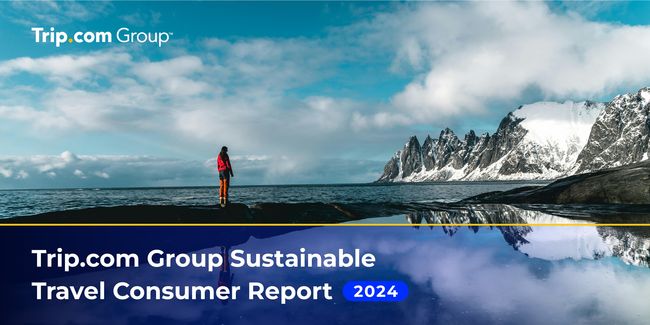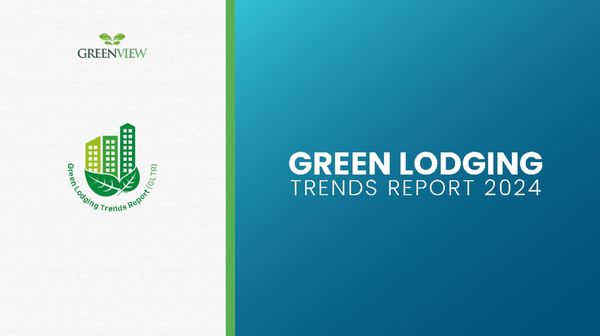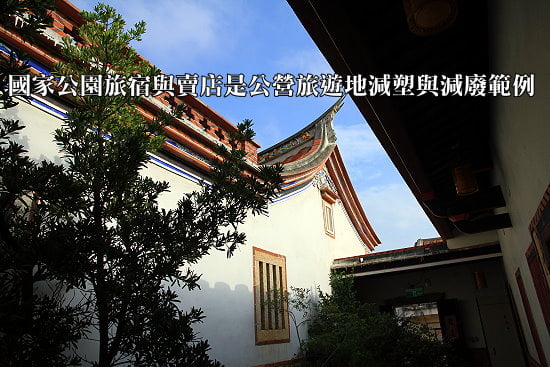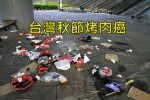20081006由32個國際組織組成的「全球永續旅遊準則研擬聯盟」在西班牙巴塞隆納舉行的世界自然保育聯盟IUCN會員大會公布全球永續旅遊準則(請參閱:全球永續旅遊準則定稿中英對照版),20090204國際保育團體「雨林聯盟」(Rainforest Alliance,也是全球永續旅遊準則研擬聯盟成員)宣布經過他們之前18個月的輔導,中美洲哥斯大黎加北部Sarapiquí地區五家飯店實踐永續旅遊準則的狀況大有進步,成果是從輔導前平均4.5分提升到輔導後的7.8分。(相關英文新聞在本文最下方)
下圖是五家飯店的位置圖:
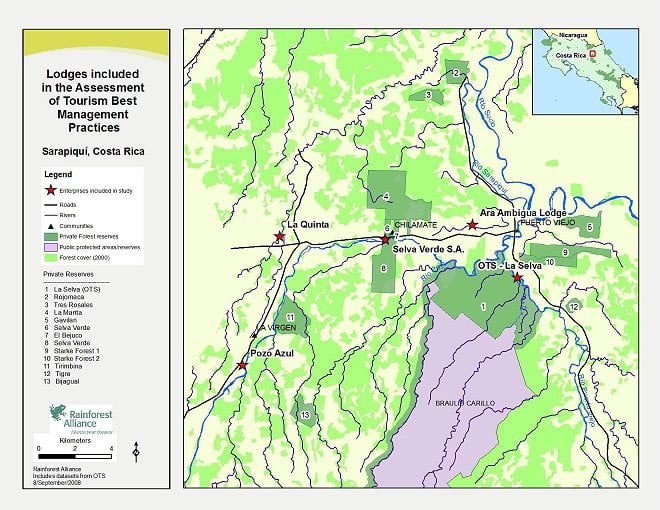 credits:https://www.rainforest-alliance.org/
credits:https://www.rainforest-alliance.org/
「雨林聯盟」致力於透過教育訓練及產業輔導,讓雨林居民能與環境友善相處,並以不破壞環境的方法發展產業,改善生活,是從產業面切入(就像生態旅遊),引導民眾實踐環保與保育,所以雨林聯盟認證的「雨林保護咖啡」https://goods.ruten.com.tw/item/show?11080921351473就值得推薦購買。其他砍伐雨林大量種植的咖啡對地球環境有很大的傷害,喝了會抵掉我們許多保護環境的努力,所以建議能不喝就不喝。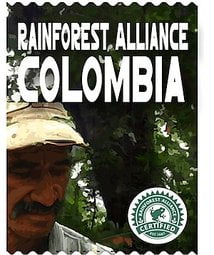
雨林聯盟透過精心安排的的工作坊、研討會、訓練教材、技術支援及診斷評估等方式,協助住宿業者實踐永續旅遊準則。
永續旅遊準則涵蓋環境層面(如廢污水處理、生態保育)、社會層面(如勞工安全、社區參與)及產業層面(如收益、服務品質)等規範,以求旅遊產業可以與環境和平共處,永續經營。
雨林聯盟輔導五家飯店實踐永續旅遊準則的報告(英文PDF檔)可以上網下載:https://www.rainforest-alliance.org/resources/documents/Sarapiqui_Final.pdf
其實哥斯大黎加從1997年就開始實施住宿業者的永續旅遊標章認證(CST,Certification for Sustainable Tourism)https://www.turismo-sostenible.co.cr/EN/home.shtml,由哥斯大黎加政府之觀光委員會與認證委員會合組的「永續計畫處」負責發展該計畫(The C.S.T. Program was developed by the Sustainability Programs Department of the Costa Rica Tourist Board and the Costa Rica National
Accreditation Commission.),分工則是永續計畫處轄下的觀光局(Costa Rica Tourist Institute )負責推動該標章計畫,認證委員會負責認證與管理,所以該標章是由官方主導,具官方認證之公信力。
 哥斯大黎加永續旅遊標章
哥斯大黎加永續旅遊標章
此認證採自願制,哥斯大黎加境內不論位置在山巔水涯與規模大小,只要是住宿業(如飯店、小旅館、民宿或小木屋)都可申請。(Participation in the program is entirely voluntary and is open to all hotels, inns, bed & breakfasts services, and cabins in Costa Rica that may wish to participate, without restriction as to their location (beaches, mountains, etc.) or their size.)
申請及書面審核不必付費。(Inscription in the program and the initial evaluation are offered at no cost to the companies.)
該標章分成五級,以一到五片葉子區分,最高級是五片葉子,目前一級有15家、二級有21家、三級有34家、四級有10家,五級有4家,共計84家取得哥斯大黎加永續旅遊標章認證。
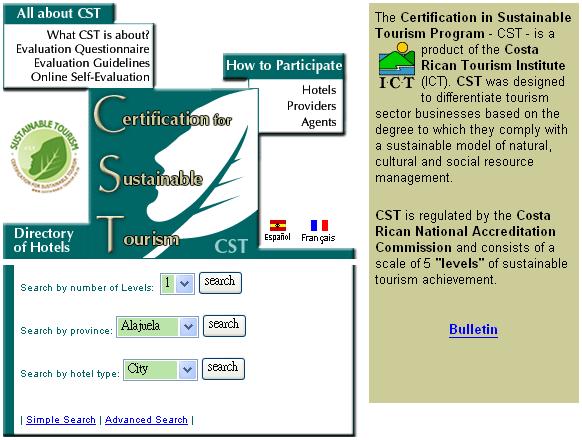
該標章評估四個層面:
一、自然生態(Physical-biological parameters)
評估飯店與周邊自然棲地是否和諧共處?(Evaluates the interaction between the company and its surrounding natural habitat.)
二、設施與服務(Infrastructure and services)
評估經營管理政策與設施營運系統是否對環境有益?(Evaluates the management policies and the operational systems within the company and its infrastructure.)
三、環境教育(External clients)
評估飯店如何透過環境教育讓遊客一起對永續環境有所貢獻?(Evaluates the interaction of the company with its clients in terms of how much it allows and invites the client to be an active contributor to the company’s policies of sustainability.)
四、社會經濟利益(Socio-economic environment)
評估飯店對社區及社會大眾之直接與間接利益,對文化傳承或發揚的貢獻(Evaluates the interaction of the company with the local communities and the population in general.)
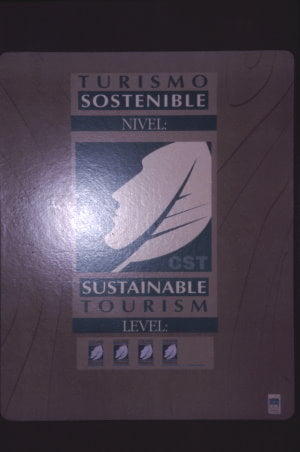 這是我在哥斯大黎加待過的一家生態旅館,獲得四片葉子的標章。(很抱歉因為拍攝位置無法調整,導致閃光燈反光嚴重。)
這是我在哥斯大黎加待過的一家生態旅館,獲得四片葉子的標章。(很抱歉因為拍攝位置無法調整,導致閃光燈反光嚴重。)
台灣住宿業者,無論飯店或民宿,幾乎都在比外觀、比氣派、比風格、比裝潢、比奢華,媒體報導也都強調這些,希望將來大家比的是環保方面的認證,比的是業者對環境、人文的關懷與付出,尤其是公營的住宿業(含委外經營者),更應該帶頭示範才對!
相關英文新聞如下,請參閱:
Costa Rican Hotels Improved Sustainability with the Rainforest Alliance
From: Rainforest Alliance
Published February 4, 2009 05:02 PM
New York — Hotels that signed on with the Rainforest Alliance to execute sustainable tourism practices in environmental, social and managerial processes improved their compliance with baseline criteria set by the Sustainable Tourism Certification Network of the Americas, according to a new study released by the Rainforest Alliance.
In a period of 18 months, five hotels in the Sarapiquí region in northern Costa Rica increased overall compliance to 7.8 from 4.5 on a scale of 1 to 10, with 1 being non-compliance and 10 being full compliance. Criteria cover environmental aspects such as wastewater treatment and wildlife protection, social aspects such as worker safety and community interaction, and business aspects such as profitability and quality of services.
Collectively, hotels increased compliance in all criteria categories, showing their dedication to advancing sustainability, even if they were only able to afford small improvements at first. Areas with the highest level of improvement were “Sociocultural Activities,”? which could be supporting local artisans, or hiring local people, “Monitoring and Corrective Action”? (e.g. monitoring water consumption, or writing hotel management policies) and “Solid Waste.”?
“These hotels improved interactions with their environment, communities, guests and staff and set themselves apart in a competitive global marketplace,”? said Ronald Sanabria, director of Rainforest Alliance’s sustainable tourism program. “As a result, the Sarapiquí region is seen as a major destination for sustainable tourism.”?
Hacienda Pozo Azul spent US$6,000 to implement its sustainable program, which included buying an anaerobic digester to process wastewater and organic wastes, and the small hotel has so far seen a savings of US$150 per month on reduced electricity bills alone. Other hotels included in the study were Ara Ambigua, La Quinta Country Inn, Organization for Tropical Studies-La Selva and Selva Verde Lodge and Rainforest Reserve. The hotels are continuing to improve their compliance ratings, and the Rainforest Alliance is collecting data on 258 other hotels completing the same program.
The Rainforest Alliance’s Best Management Practices (BMP) program provides tourism operations with dynamic workshops and seminars, training materials, technical assistance and diagnostic evaluations.
The Rainforest Alliance recently partnered with the United Nations Environment Programme (UNEP), United Nations Foundation and the United Nations World Tourism Organization (UNWTO) to establish the Global Sustainable Tourism Criteria, which are universal guidelines for sustainable tourism.
The Rainforest Alliance works to conserve biodiversity and ensure sustainable livelihoods by transforming land-use practices, business practices and consumer behavior. For more information, visit www.rainforest-alliance.org.
Contact Info: Abby Ray, 646-452-1939, [email protected]
Website : Rainforest Alliance

